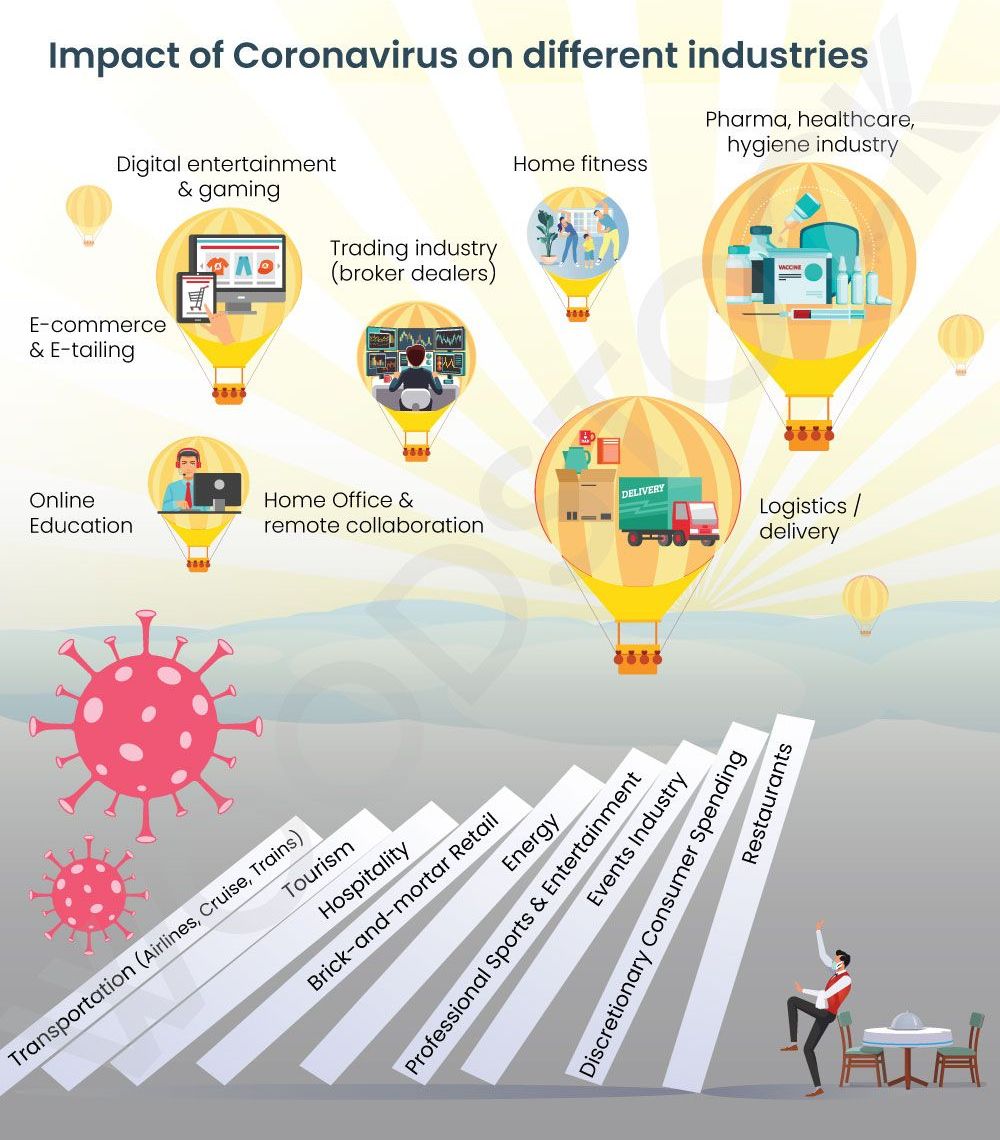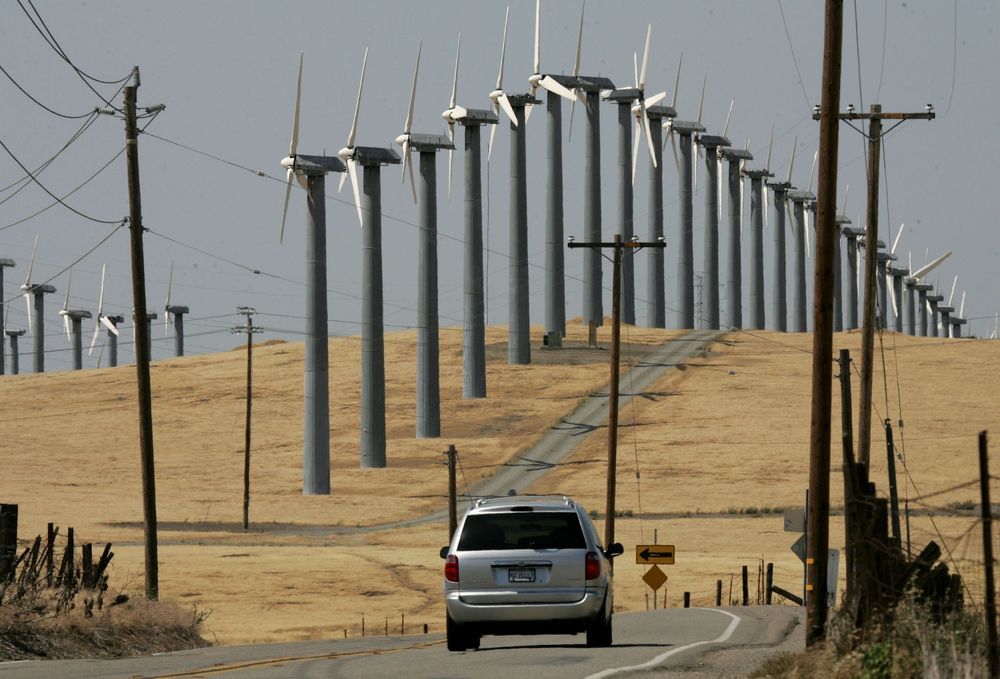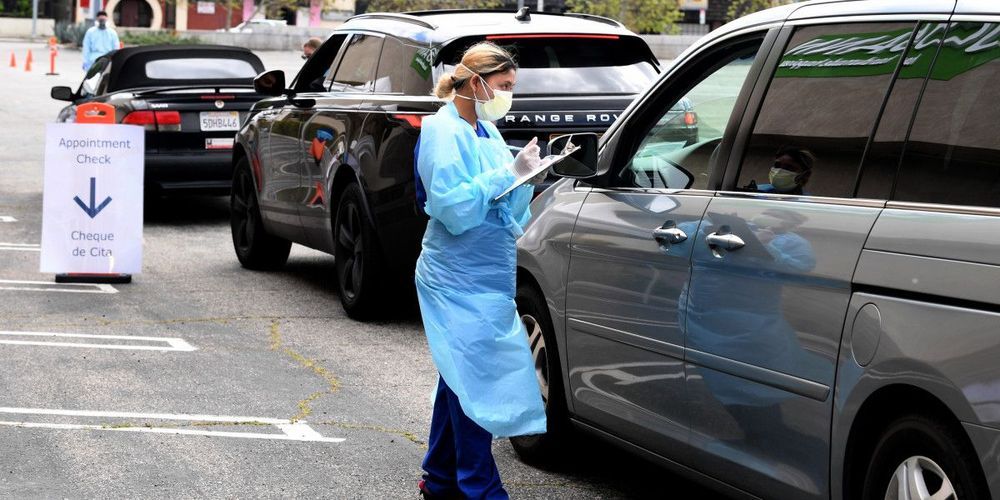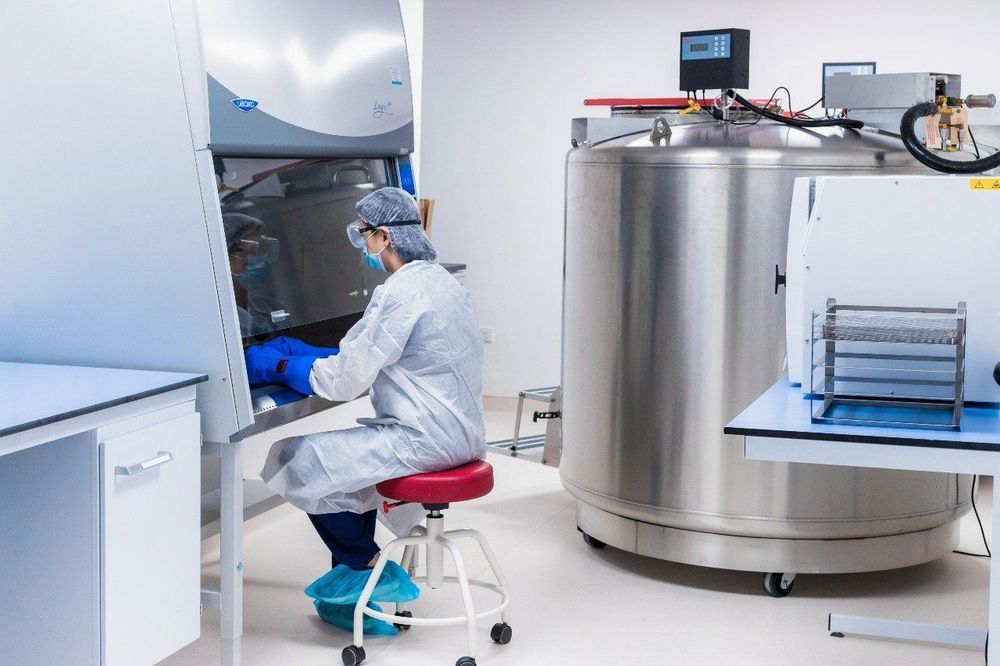
The choices we make today, and it’s consequences will shape up this decade. Can we break the current pattern, engage with this new financial system and adapt to new realities? #blockchain
As human beings, we are defined by patterns. Our collective pattern defines society. We are empowered with choices – furthering the patterns, or breaking them or creating new ones. In the physical world, these choices could be social, economic, technological, or ecological. Based on the choices we make – good, bad, or ugly, we enjoy or suffer consequences. COVID-19 escalated the macroeconomic situation leading to liquidity, demand, and supply shocks. Can we break the current pattern and embrace digitization, decentralization and sound money? In turn, making choices that will create affirmative consequences for humanity.
Patterns, Choices & Consequences
Continue reading “Patterns, Choices & Consequences” »

















